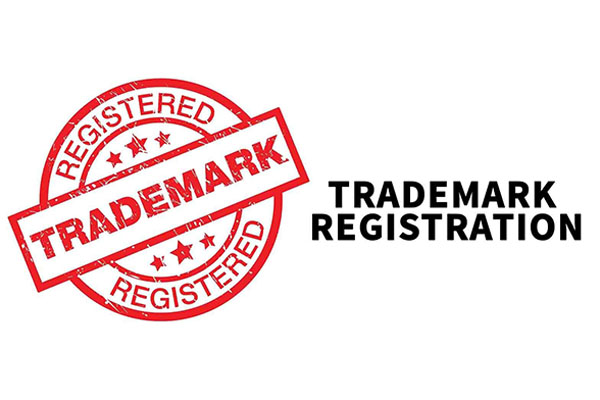Trademark Registration

What is a Trademark?
Following the Indian Trademarks Act of 1999 (Section 2(zb)), a trademark is a distinctive marker that distinguishes products or services from competitors in the market. It encompasses various elements such as symbols, designs, expressions, or any identifiable feature linked to a specific brand. Remarkably, trademarks are open to ownership by individuals, corporations, or legal entities, making them accessible to a broad spectrum of entities and individuals alike.
Why Should You Register Your Trademark?
Trademark registration protects your rights to use the mark in association with your goods or services. It offers a robust shield against infringement, empowering you to take legal action against unauthorized trademark use. Upon successful registration, your trademark remains valid for ten years from the filing date, with the option to renew it indefinitely.
Who can Apply for Trademark Registration?
Trademark registration is open to a wide range of entities and individuals, including:
- Individuals
- Joint owners of a company
- Proprietorship firms
- Partnership firms (with a maximum of ten partners)
- Limited Liability Partnerships (LLPs)
- Indian companies
- Foreign companies
- Trusts
- Societies
This inclusivity ensures that various businesses and entities can safeguard their brand identities through trademark registration.
Types of Trademark Registrations in India
In India, various trademark registrations cater to different needs and purposes, all aimed at enabling consumers to recognize products and services associated with specific manufacturers or service providers. Here, we delve into the distinct categories of trademark registrations available:
Product Mark
This type of trademark is affixed to goods or products, aiding in identifying their origin and preserving a company's reputation. Trademark applications falling under classes 1-34 are typically classified as product marks as they pertain to tangible commodities.
Service Mark
Similar to a product mark, a service mark is used to identify services rather than physical products. Service marks primarily help differentiate the providers of certain services from others. Trademark applications falling under classes 35-45 are often regarded as service marks related to service offerings.
Collective Mark
A collective mark conveys specific characteristics of products or services associated with a particular group. It allows individuals or entities to protect and represent goods and services collectively. The trademark holder may be an association, a public institution, or a Section 8 corporation.
Certification Mark
The owner issues these marks to indicate information about a product's origin, composition, quality, or other pertinent data. Certification marks establish product standards and assure consumers that the product meets standardized quality benchmarks. They are commonly found in packaged goods, toys, and electronics.
Shape Mark
Shape marks are employed to secure the distinct shape of a product, making it easily recognizable to consumers as originating from a specific manufacturer. Registration is contingent on the shape being deemed distinctive.
Pattern Mark
Pattern marks are used for products featuring unique, designed patterns that serve as distinguishing features. To qualify for registration, these patterns must stand out as distinctly recognizable.
Sound Mark
Sound marks are distinctive sounds associated with products or services from suppliers. Sound logos, often known as audio mnemonics, are commonly heard at the beginning or end of commercials. An example in India is the IPL tune.
These diverse categories of trademark registrations offer businesses and entities the flexibility to protect their brand identity following their unique offerings and market presence.